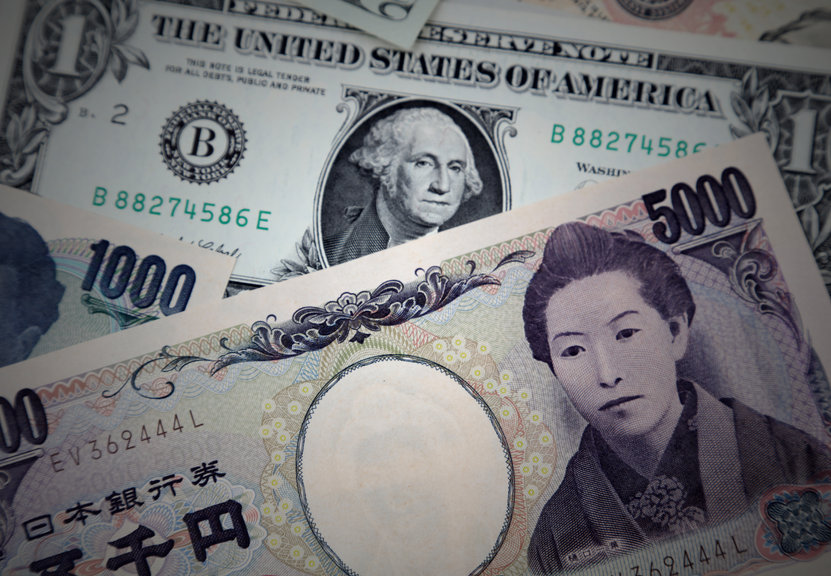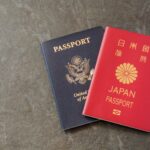How to Exchange Currency in Japan

How to Exchange Currency in Japan
Best places to exchange currency in Japan
A Comprehensive Guide to Currency Exchange in Japan
Currency exchange might seem like a daunting task, especially if you’re visiting a foreign country. Japan, with its rich history, incredible cuisine, and distinctive culture, is an attractive destination for many travelers. However, dealing with Yen, the national currency, might present some challenges for first-time visitors. This guide will take you through the process of exchanging currency in Japan, ensuring that you can navigate your financial matters with ease during your trip.
Before Leaving Your Home Country
Planning your finances ahead of your departure will not only save you time, but it may also save you money. Check with your bank if they have any partnership agreements with Japanese banks as this could potentially reduce the fees for withdrawing money abroad. Some credit card companies also offer low or no foreign transaction fees, so it could be beneficial to use them for payments where possible.
Exchanging Currency at Airports
Upon landing in Japan, one of the most convenient places to exchange your money is at the airport. Both Narita and Haneda airports in Tokyo, as well as Kansai International Airport in Osaka, have numerous currency exchange counters. They offer services at decent rates, and you won’t have to travel far with loads of cash. While the exchange rates at airports might not be the best, the convenience often makes it worthwhile.
Banking and Post Offices
In the cities, Japanese banks and post offices are reliable places to exchange your currency. Post offices have a service called ‘Yucho’ that provides international cashing services. Banks may require more time to process your transaction, so plan ahead. Bear in mind that most Japanese banks operate from 9 a.m. to 3 p.m., and they are closed on weekends and public holidays.
Currency Exchange Bureaus
Currency exchange bureaus are another viable option. These are particularly common in areas popular with tourists, such as Tokyo’s Shinjuku and Shibuya. Look out for shops with signs saying “Money Exchange” or “Foreign Currency Exchange.” Some well-known chains include Travelex and Daikokuya. The rates at these places are usually competitive, and service is relatively quick.
Discount Ticket Shops (Kinken Shops)
Another popular option among locals in Japan for currency exchange is the discount ticket shops, or ‘kinken shops’. Often, these kinken shops offer better exchange rates than banks, post offices, and traditional currency exchange bureaus. Predominantly located in busy districts such as Shinbashi and Shinjuku, you can also find these shops in areas like Shibuya, Ginza, and Ueno in Tokyo, as well as in other major cities across Japan. These shops are multi-purpose, dealing in a range of discounted items including train tickets, gift cards, and even event tickets, in addition to currency exchange services.
ATMs
ATMs can be a convenient way to get cash directly in Yen. In Japan, you’ll find international ATMs at 7-Eleven stores, Japan Post Bank, and Citibank. Remember, your home bank and the Japanese bank may charge a transaction fee, and there might be a limit on withdrawals. Also, ensure that your PIN does not start with a 0, as some Japanese ATMs do not accept such PINs.
Using Digital Platforms
In the era of digital wallets and online transactions, digital platforms like Revolut, Transferwise, or PayPal can be handy for dealing with foreign currencies. These services usually offer better exchange rates than physical banks. However, make sure to check the transaction fees and whether the service is accepted in places you plan to visit in Japan.
General Tips
- Plan ahead: Before your trip, research exchange rates and calculate how much money you will need. Remember to consider all your potential expenses: food, transportation, accommodation, shopping, and emergencies.
- Compare rates: Different places may offer different exchange rates. Some might have lower rates but charge higher service fees. Make sure to do your homework and find the best overall deal.
- Small denominations: When exchanging money, ask for smaller bills. They are easier to use in small stores or for transport fares.
- Know the conversion rate: Familiarize yourself with the conversion rate from your home currency to Yen. This knowledge will help you understand prices and make quick decisions when shopping or dining out.
- Notify your bank: Before you travel, inform your bank about your travel plans to ensure your cards won’t get blocked for suspected fraudulent activity when used abroad.
- Carry some cash: While Japan is modern in many aspects, cash is still king in many places. Numerous small businesses, traditional restaurants, and rural areas may not accept credit cards, so always have some cash on hand.
- Keep your receipts: If you’re exchanging money at a currency exchange bureau, make sure to keep the receipt. Some places offer re-exchange services when you leave Japan, allowing you to convert your unspent Yen back to your home currency.
- Be mindful of counterfeit bills: Like any other country, Japan also faces issues with counterfeit money. Ensure that you are exchanging your currency at a legitimate place to avoid receiving fake bills.
Navigating the world of currency exchange in a foreign land can be tricky, but with the right knowledge and preparation, it can be much smoother. The above information will help you handle your finances seamlessly in Japan, leaving you free to enjoy all the wonderful experiences this vibrant country has to offer. Whether you’re planning to explore the neon-lit streets of Tokyo, the ancient temples and shrines of Kyoto, or the culinary delights of Osaka, rest assured that you’re now prepared to manage your currency with confidence! Safe travels!












